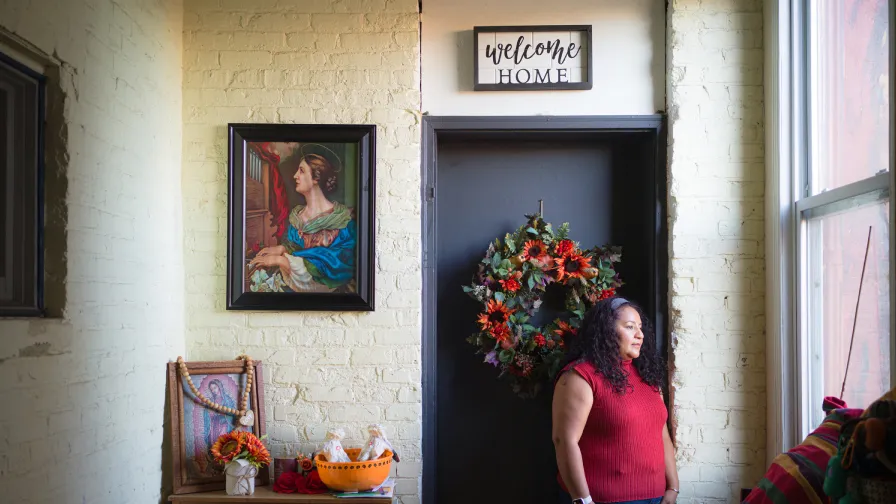Stories & Insights
Our true impact is felt when we deliver the financial, knowledge, and social capital that uplift local solutions that create strong communities and build generational wealth.
We invite you to read our stories from our community-focused work and thought-leadership insights from across the Momentus Capital branded family of organizations.

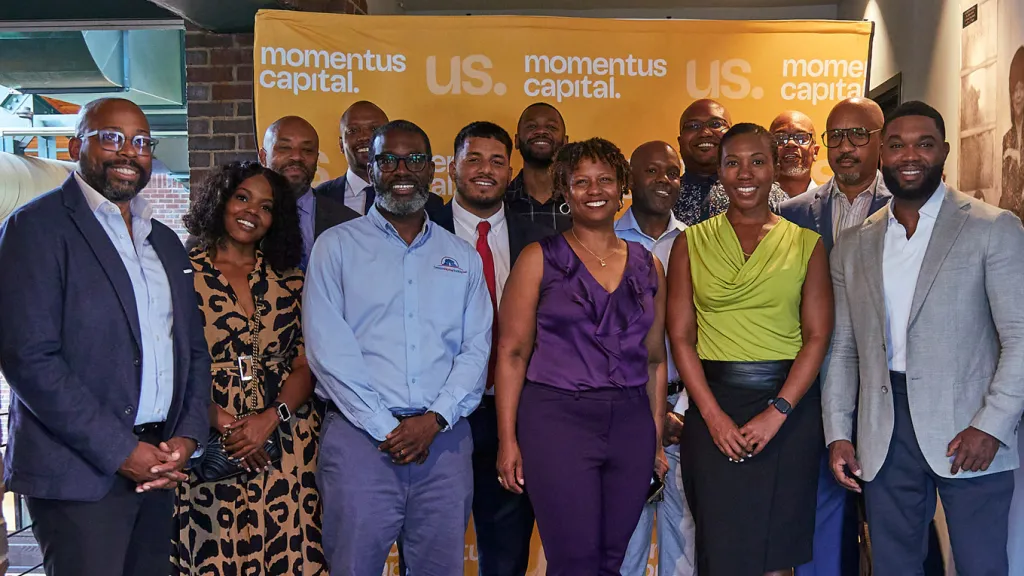
Insight Advancing Community & Economic Development in Atlanta: Momentus Capital’s Approach
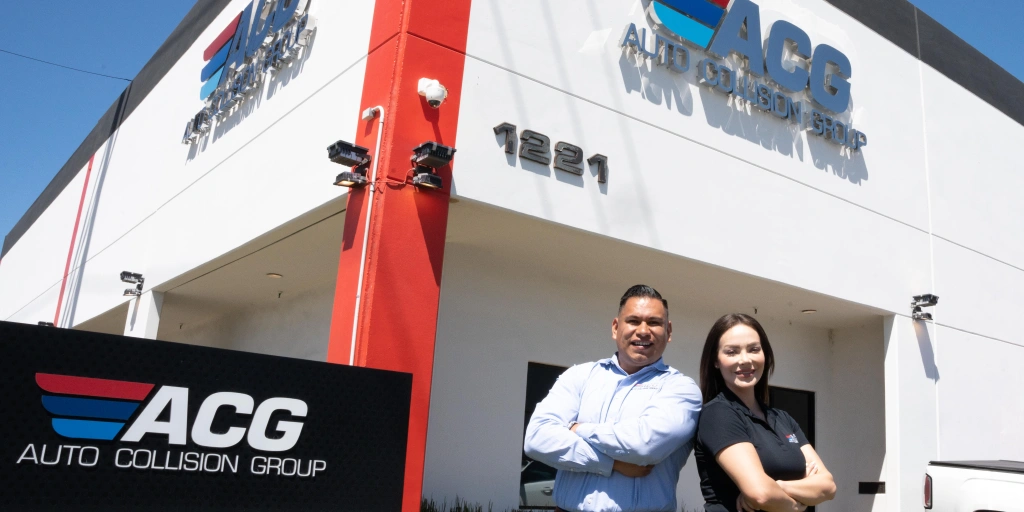
Insight SBA 504 Refinance Rule Changes: What Small Businesses Need to Know in 2025
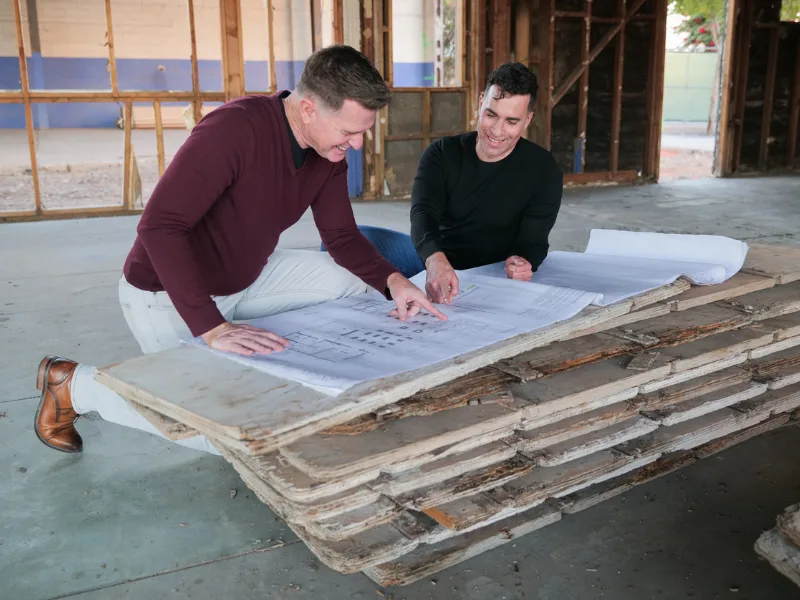
Insight SBA SOP Updates Explained: What Borrowers and Lenders Should Know
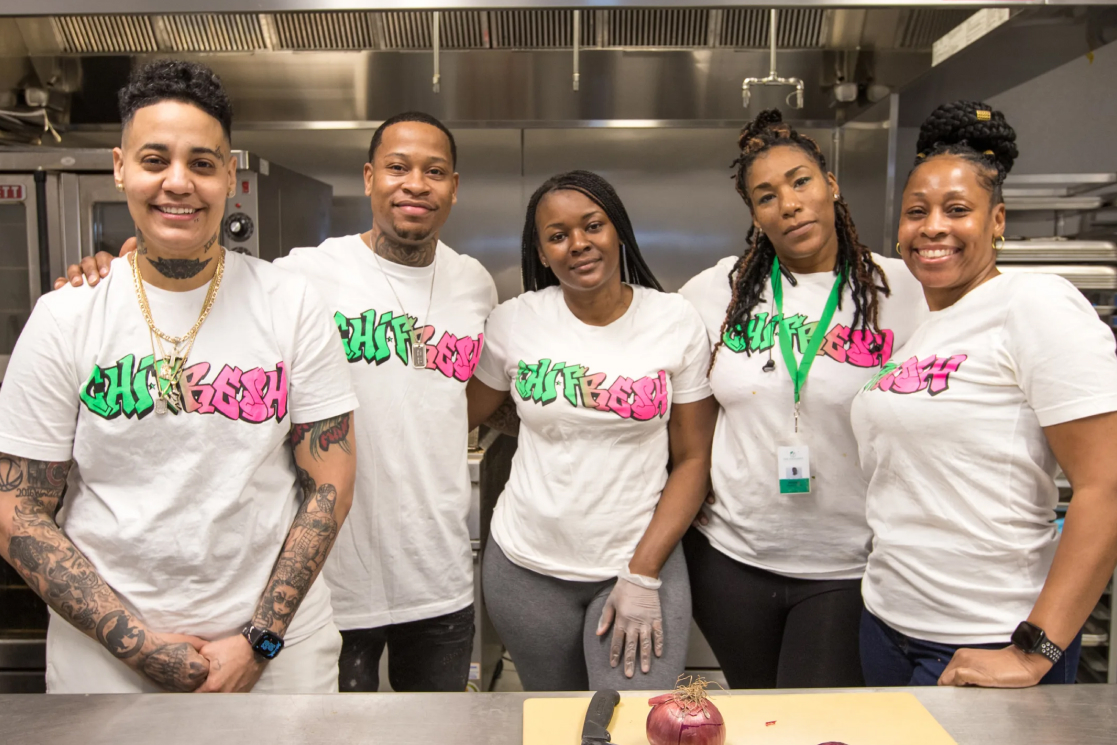
Insight Employee Ownership: A Guide to Types of Cooperative Business Models

Insight Growth Capital Without the Debt: Understanding Non-Dilutive Funding
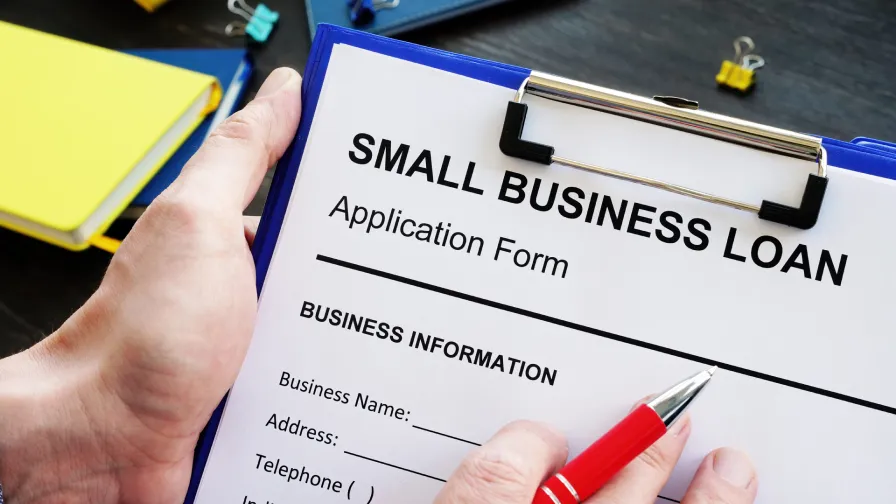
Insight 2025 SBA Loan Application Requirements: What Borrowers and Lenders Need to Know

Insight Stronger, Loan-Ready Business Plans with our Business Advising Services

Insight SBA Disaster Loans Available for Los Angeles Wildfire Recovery
